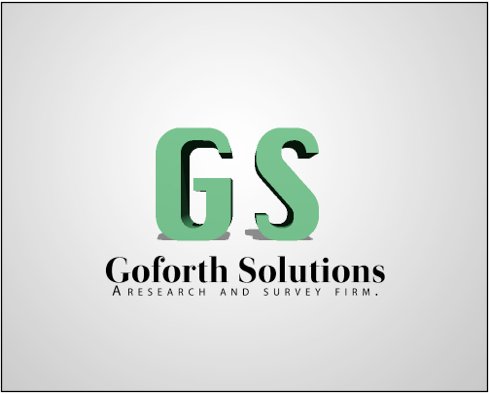Creativity can lead to dishonesty
/Creative people who can “think out of the box” are prized in the business world, the arts, and science. But a new study has found that creative thinkers are also more likely to cheat to get ahead, and to rationalize away less-than-ethical behavior.
Harvard Business School researchers gave personality quizzes to hundreds of study participants and then asked them to perform quick games or other tasks for cash. Participants who scored high on a creativity test were more likely to falsify their results so they could earn more prize money. People who were merely high in intelligence, however, were not more dishonest. It appears that the same “divergent thinking” and “cognitive flexibility” that enable creative people to come up with innovative ways of looking at things also equip them to circumvent ethical norms—and to justify their cheating to themselves.
“When you’re a creative person, you can use that creativity to come up with reasons for why unethical behaviors may be okay,” researcher Francesca Gino tells The Boston Globe. These “self-serving rationalizations,” she said, can include deciding that “other people would cheat under the same circumstances or that a little cheating will not hurt anyone.”
The Week magazine
